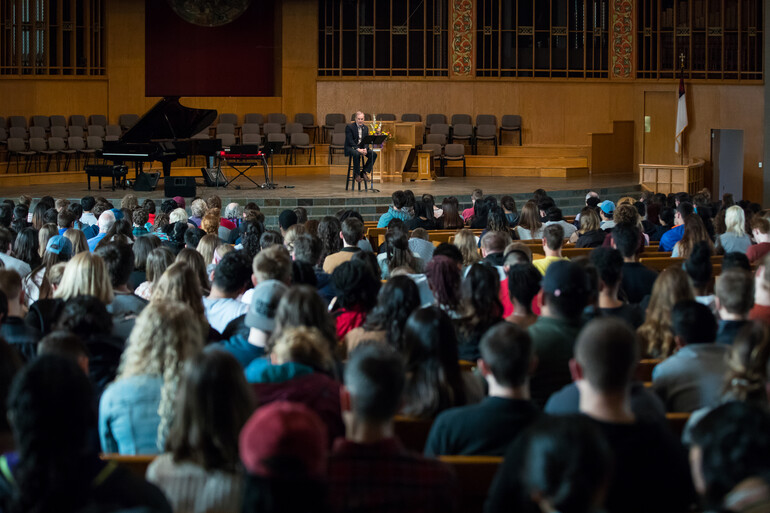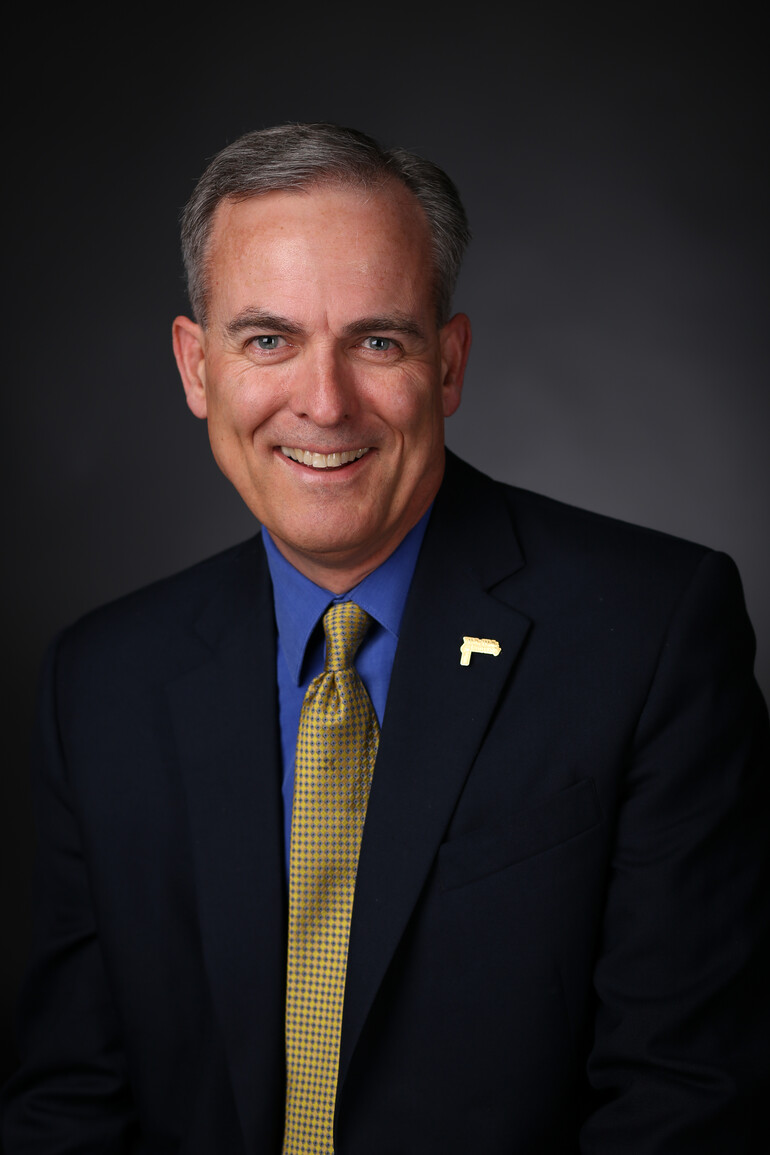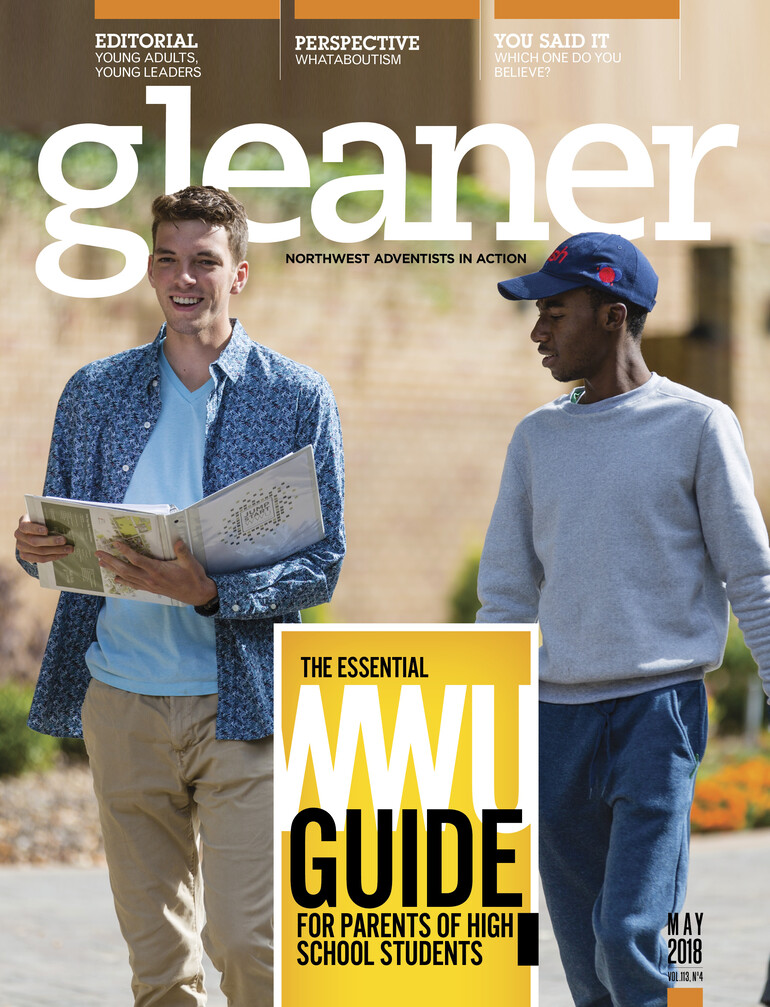The Walla Walla University community gathered last month in our campus church sanctuary in a challenging context. A few days before, university administrators began exploring reports of a social media post that featured a small group of WWU students, one that seemed to be a clear example of blackface, a symbol of racism and oppression. The pain of the incident touched the full spectrum of our campus family represented in that space — faculty, staff and students from nearly every ethnicity.
How does a Christian institution of higher learning — one that espouses high ideals and is founded on an incredible idea that every person is created in the image of God as a being of inestimable value and worth — process an incident such as this?
One way is by turning to our identity as a community of faith. The Bible casts an unbelievably high vision for how we are to treat each other as members of different racial and cultural groups. In a central case study offered in the Bible, the risen Lord strikes down a persecutor named Saul and announces to him that he, Jewish rabbi that he is, is now the apostle to the Gentiles. The goal of his ensuing career is to actualize the reconciliation that Christ creates at Calvary. He is to bring together two disparate cultural groups as divided as any two groups on the planet today: Jews and Gentiles. Near the end of his career, Saul-turned-Paul thinks about all of this in his epistle to the Ephesians, where he says four things about why reconciliation between and among races is worth sustained effort.
First, we are all by nature racists and egomaniacs, dead in trespasses and sins (Ephesians 2). That selfishness magnified is racism, bent by sin to appreciate mostly people who look and act like me. The idea of a master race is but the reflection of myself as my own lord and master writ large. What this means is that when a race dominates in power and numbers, it will almost inevitably dominate, subjugate and enslave under the sway of its corporate sin. The result is a fractured, fighting, bloodthirsty, self-serving, racist world.
In the mercy and grace of God, the news gets better. The second point Paul makes in Ephesians is that, astoundingly, the races are already reconciled. Paul argues that the atonement of Jesus is not just about my relationship to God, but also is crafting one new humanity in Christ Jesus (also in chapter 2). We do not have to create reconciliation. Instead, we have the privilege of acknowledging, actualizing and working to foster it.
Third, God has a strategic plan for the cosmos to unite all things in Jesus — things in heaven, on Earth and beyond (chapter 1). His ultimate plan, already underway, is to unite everything and everyone in Christ.
Fourth, we have an important part to play in God’s plan. He intends to signal His plan for unity and reconciliation by first actualizing it among believers (chapter 3). We have an opportunity to demonstrate the good news of Christ’s reconciliation.
If we wish to heal, impact and repair the damage from an incident such as we have experienced recently, it will take sustained effort as well as challenging education and sometimes difficult conversation. We have already begun that work, and we know it will take a dedication to being in it for the long haul.
You have the right to expect the highest and best from us at Walla Walla University and to believe we will ferret out anything that fails to resonate with our mission to be a community of faith and discovery, committed to excellence in thought, generosity in service, beauty in expression and faith in God. I am committed to this important work and appreciate your support in this valuable and significant journey.












